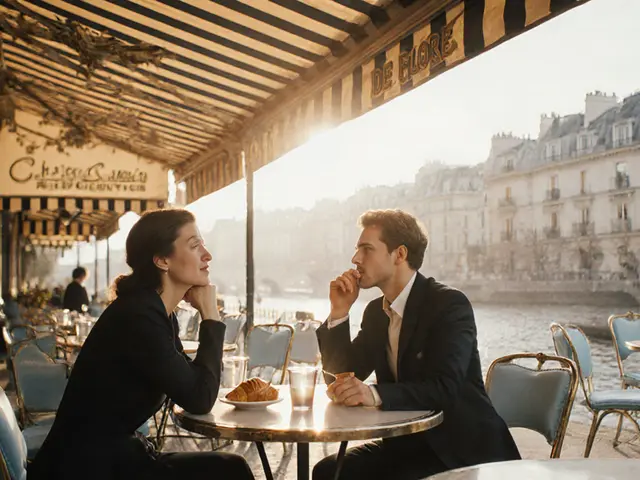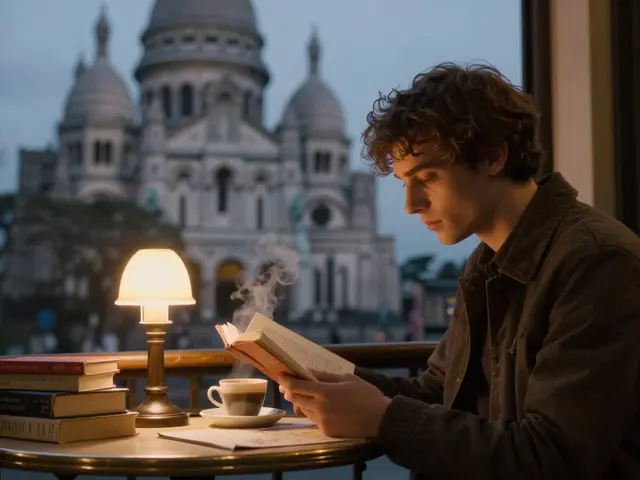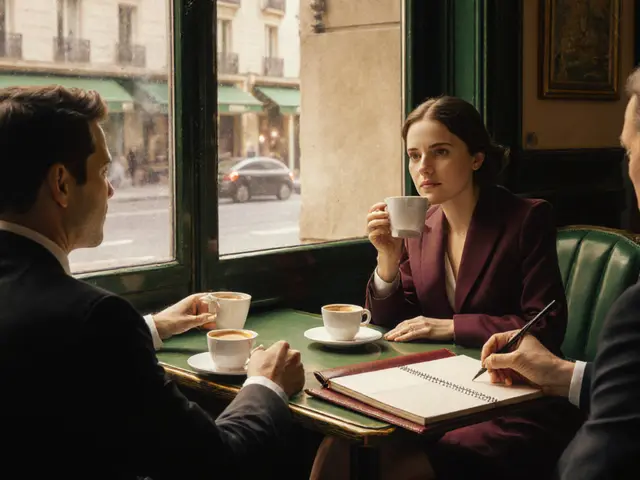Massage in Paris 17: A Journey for the Senses
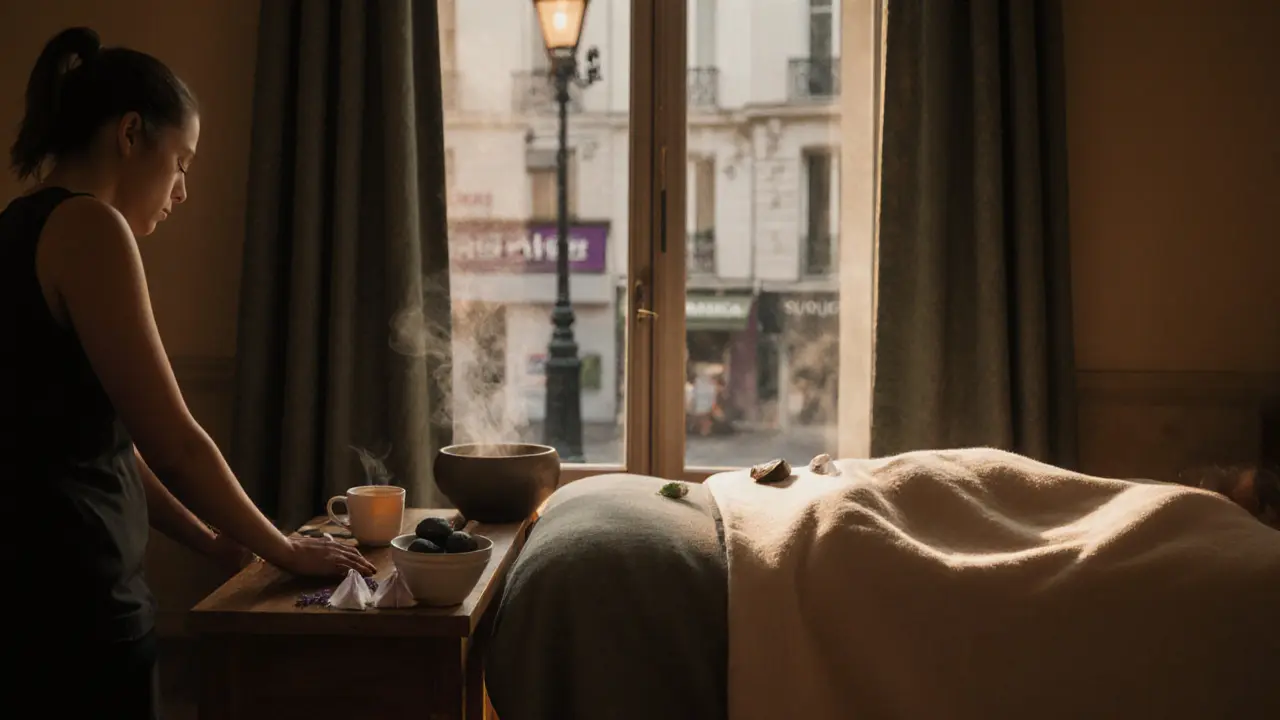
Walking through the quiet streets of Paris’s 17th arrondissement, you might not expect to find a sanctuary hidden behind unassuming doors. But step inside one of the city’s lesser-known massage studios, and the noise of the city fades. The scent of lavender and sandalwood rises. Soft lighting wraps around you. This isn’t just a massage-it’s a reset button for your body and mind.
Why the 17th Arrondissement? A Quiet Escape in the Heart of Paris
The 17th isn’t the tourist hotspot of Montmartre or the glitz of Champs-Élysées. It’s residential, calm, and full of local life. Families walk their dogs. Old men play pétanque in small parks. And tucked between bakeries and pharmacies, you’ll find massage studios that have been serving Parisians for decades.
Unlike the flashy spas in the 8th or 16th, places in the 17th focus on substance over spectacle. No marble floors, no overly ornate decor. Just skilled hands, quiet rooms, and a deep understanding of what the body needs. Many therapists here trained in France, Germany, or Switzerland-some even studied at the Institut de Masso-Kinésithérapie in Lyon. They don’t advertise on Instagram. Their clients come through word of mouth.
The Types of Massage You’ll Find Here
There’s no one-size-fits-all massage in the 17th. Each studio tailors its approach. Here’s what you’re likely to encounter:
- Swedish massage - Long, flowing strokes to ease muscle tension. Ideal if you’ve been walking all day or sitting at a desk for weeks.
- Deep tissue massage - Focused pressure on knots and chronic tightness. Common for people with back pain from carrying bags, commuting, or poor posture.
- Shiatsu - Japanese finger pressure along meridians. Often paired with breathing exercises. Great if you feel mentally drained.
- Lymphatic drainage - Extremely gentle, rhythmic movements. Used after surgery, during pregnancy, or to reduce swelling from long flights.
- Hot stone therapy - Smooth basalt stones warmed to 45°C placed along the spine and shoulders. Feels like warmth sinking into your bones.
Many therapists combine techniques. One session might start with Swedish to relax you, then shift into deep tissue on the shoulders, and end with a few minutes of scalp massage using warm oil. It’s not about checking boxes-it’s about listening.
What Makes a Great Massage Therapist in Paris 17
Not every person with a massage certificate is right for you. In the 17th, the best therapists have three things in common:
- They ask questions before you lie down. Not just “Where does it hurt?” but “How’s your sleep?” “Do you feel tense when you wake up?” “Have you been under stress lately?”
- They don’t rush. A 60-minute session lasts 75 minutes. They give you time to breathe, to adjust, to let go. No clock-watching.
- They remember you. If you came in last month with tight hamstrings, they’ll check in. “Still feeling that stiffness after your walks?” That’s personal care.
One therapist, Marie, has been working in a small studio near Place de Clichy for 18 years. She doesn’t have a website. Her only booking method is a handwritten note left in a small wooden box at the entrance. People wait months for an appointment. Why? Because after one session, you don’t just feel relaxed-you feel seen.
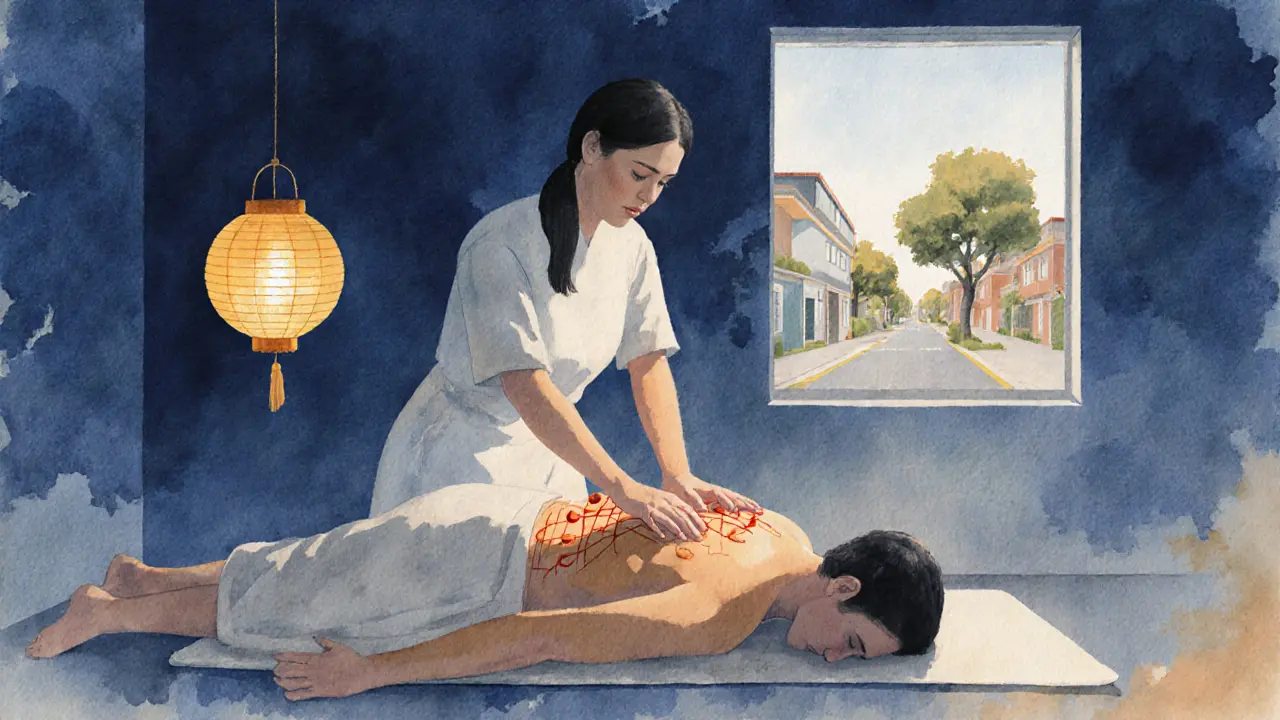
The Experience: What to Expect
Arrive 10 minutes early. Most studios offer herbal tea-chamomile, peppermint, or a blend of rosehip and lemon balm. You’ll be asked to change into a robe. No need to be naked unless you want to be. Most people keep their underwear on.
The room is warm, not hot. The table is padded but firm. You’ll hear soft instrumental music-sometimes piano, sometimes Tibetan singing bowls. The therapist will leave the room while you get settled. That’s intentional. It gives you space to breathe, to drop your guard.
During the massage, they’ll adjust pressure based on your feedback. If you say “a little more,” they’ll press deeper. If you flinch, they’ll ease off. No ego. No pushing you beyond your comfort.
Afterward, you’ll be offered a glass of water. Some places give you a small card with stretches to do at home. Others just say, “Take your time getting up.” That’s the quiet magic of it.
Costs and Booking
Prices in the 17th are fair, not luxury-marketed. A 60-minute session runs between €65 and €90. A 90-minute session is usually €110-€140. That’s less than half the cost of a high-end spa in the 8th.
Booking is simple. Most studios accept walk-ins during weekdays. Weekends fill up fast. You can call or send a quick message via WhatsApp-no need for a website. Many therapists use Google Calendar links sent directly to clients.
There are no membership plans. No upsells for oils or candles. You pay for the time, the touch, the attention. That’s it.
Who It’s For
This isn’t just for tourists looking for a “Parisian experience.” It’s for:
- Parents who haven’t sat still in months.
- Remote workers with neck pain from staring at screens.
- People recovering from injury or surgery.
- Anyone who feels like they’re running on empty.
It’s also for people who’ve tried expensive spas and felt disappointed. If you’ve been sold on “detox” or “energy balancing” without results, the 17th offers something real: relief that lasts.
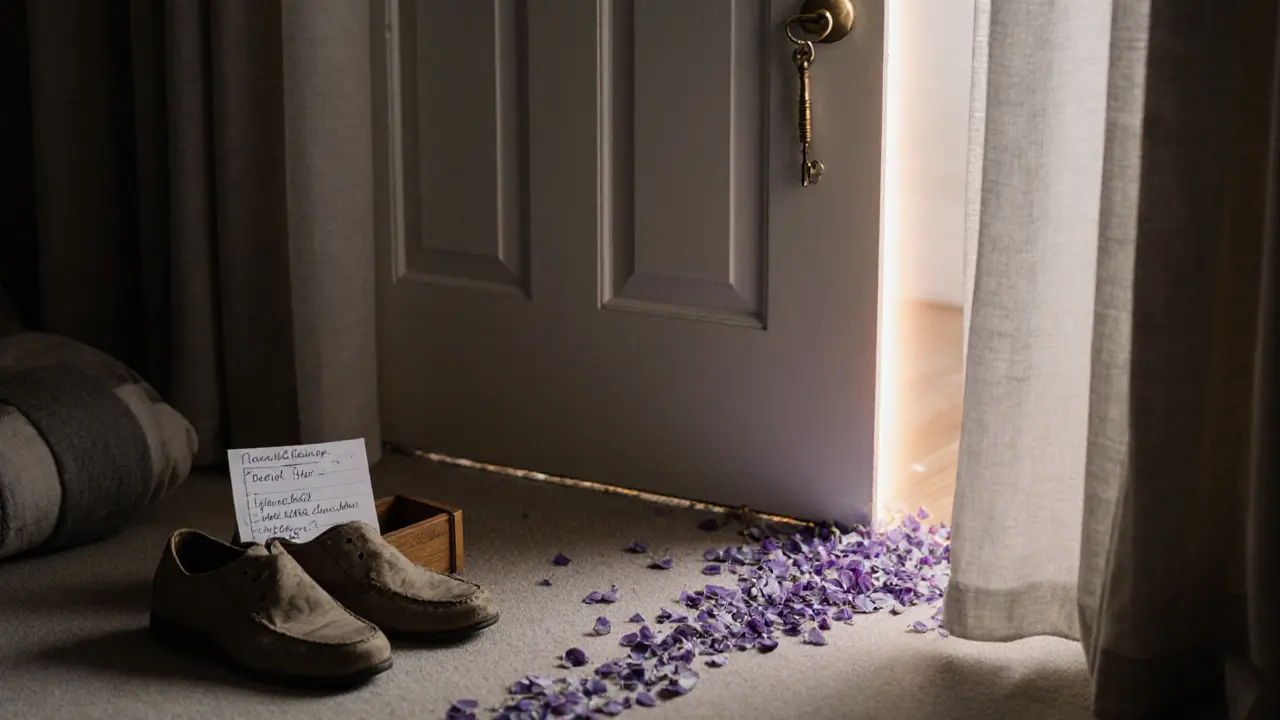
Where to Start
Here are three trusted spots in the 17th, based on years of client feedback:
- Le Jardin du Corps - Rue de la Pompe. Specializes in lymphatic drainage and postpartum care. Quiet, cozy, with a tiny garden out back.
- Équilibre Paris - Near Place de Wagram. Focuses on Shiatsu and mindfulness-based massage. Therapists are trained in both French physiotherapy and Zen practices.
- La Maison du Bien-être - Rue des Martyrs. Offers hot stone and aromatherapy blends using organic oils from Provence.
Don’t overthink it. Pick one. Go. Book a 60-minute session. Try it once. If you feel lighter afterward, you’ll know why people keep coming back.
What to Do After Your Massage
Don’t rush to your next meeting. Don’t check your phone. Walk slowly. Drink water. Let your body settle.
Some people nap. Others sit outside with a coffee and watch the street life. One client told me she started journaling after her first session-just three sentences a day. “It’s like my body finally stopped screaming,” she said. “Now I can hear myself think.”
The 17th doesn’t promise transformation. It doesn’t sell miracles. But if you let it, it gives you back the quiet you forgot you needed.
Is massage in Paris 17 safe for pregnant women?
Yes, many studios in the 17th specialize in prenatal massage. Therapists use side-lying positions and avoid pressure points that could trigger contractions. Always mention your pregnancy when booking-most therapists will adjust techniques accordingly. Lymphatic drainage and gentle Swedish massage are especially recommended.
Do I need to speak French to get a massage?
Not at all. Most therapists in the 17th speak English, especially those who’ve worked with international clients. If you’re unsure, ask when booking. Many studios list language options on their WhatsApp profiles or Google Business pages. The massage itself relies more on touch than talk.
How often should I get a massage in Paris?
For general relaxation, once a month is enough. If you have chronic pain or high stress, once every two weeks helps. Athletes or people with physically demanding jobs often go weekly. The key is consistency-not intensity. Even 30 minutes every other week can make a difference.
Are the oils used in Paris 17 massages natural?
Most reputable studios use organic, cold-pressed oils-like sweet almond, jojoba, or grapeseed-often infused with essential oils from Provence. Ask if you have allergies. Some places even let you choose your scent. Avoid places that use synthetic fragrances or cheap mineral oils-they’re a red flag.
Can I get a massage if I have a medical condition?
It depends. If you have recent injuries, blood clots, severe osteoporosis, or active infections, some techniques may not be safe. Always disclose your medical history. Therapists in the 17th are trained to adapt sessions or refer you to a physiotherapist if needed. They won’t guess-they’ll ask.
Final Thought: It’s Not a Luxury. It’s a Necessity.
Paris isn’t just about croissants and museums. It’s also about finding moments of stillness in a fast-moving world. The massage studios in the 17th arrondissement don’t sell indulgence. They sell restoration. They remind you that your body isn’t a machine to be pushed-it’s a home to be tended.
You don’t need to book a week in Paris. You don’t need to spend hundreds of euros. You just need to show up. Lie down. Breathe. Let someone else hold the weight for a while.

